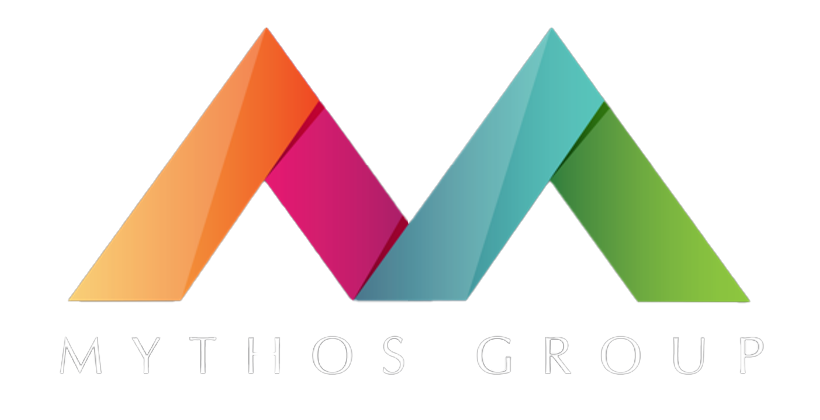Why Equity Is More Effective Than Equality
Diversity, equity, and inclusion (DEI) have long been the standard framework used by companies seeking to improve their policies and culture and retain and attract talent from diverse backgrounds. In the present day, companies are expected to have more than a generic statement supporting DEI, but instead show how they proactively demonstrate these values. While many group these values as one concept, diversity, equity, and inclusion are different in meaning and impact on a workplace. This blog will focus specifically on how – compared to equality – equity can be particularly effective in reducing bias and promoting fairness despite both being well-intentioned and focused on improvement.
A McKinsey article explains, “While equality assumes that all people should be treated the same, equity takes into consideration a person’s unique circumstances, adjusting treatment accordingly so that the end result is equal.” In other words, equity focuses on the needs of every individual, as opposed to a one-size-fits-all solution. A clear example of the difference is in higher education: equality would suggest that everyone pays the same amount for university tuition, while equity would provide financial aid to students from less privileged backgrounds. In both cases, students are still expected to meet academic criteria and perform well at school. It’s a matter of providing aid where needed to allow people to perform their best.
In the workplace, an example of equity would be allowing employees to choose which three days a week they come to the office, rather than mandating specific days like Monday, Wednesday, and Friday. Some companies might even adopt a fully flexible policy so employees can choose the setup that works best for them and their role. Equity is also critical for empowering employees from underrepresented or marginalized groups. While equality says “we treat everyone the same,” which offers little comfort to those who have experienced systemic barriers and discrimination, equity acknowledges that different groups face different challenges and takes proactive steps to level the playing field.
Some examples of equitable workplace policies and practices include:
- Offering flexible work arrangements that can be customized to each employee’s unique circumstances, such as flexible start and end times and remote work options
- Providing assistive technology and personalized accommodations for employees with disabilities
- Offering a variety of employee benefits options that can be tailored to different life stages and family structures, such as fertility benefits, elder care support, or student loan repayment assistance
- Implementing a mentorship program that matches employees with mentors based on their specific career development goals and needs
These equitable practices stand apart from equality-focused approaches by recognizing and addressing individual differences and needs. While equality might offer the same benefits package to all employees or require everyone to work the same hours, equity tailors solutions to each person’s situation. This personalized approach ensures that all employees have the support they need to succeed, regardless of their background or circumstances. For instance, a mentorship program matched to specific goals helps address the unique challenges faced by underrepresented groups in advancing their careers. By focusing on equity, companies create an environment where everyone has a fair chance to thrive.
A report by Harvard Business Review examined 16 management practices and measured their effectiveness and prevalence in organizations. Regarding policies focusing on equity, they found that implementing a mentorship program, offering flextime for childcare and vouchers for childcare, allowing employees to adjust work hours, and providing parental leave were among the most effective in increasing managerial diversity.
Equity can require more time, effort, and resources than equality, as it involves digging deeper to understand people’s needs. Managers may need additional training on how to lead diverse teams equitably. There may be times when accommodating an individual’s needs feels unfair to others. However, ultimately, equity is a better path to inclusion than equality. Research shows that employees who feel they are treated equitably are more engaged, productive, and likely to stay with their company.
Creating an equitable workplace requires ongoing commitment and work. It means having difficult conversations about sensitive topics like privilege, racism, and ableism. It means constantly re-examining policies and practices to look for unintended disparate impacts. It means accepting that we don’t all start from the same place, so we can’t all be treated the same. It’s a journey – but every step towards equity makes a workplace more inclusive.
Of course, achieving equity is not always easy or straightforward. It requires a willingness to have uncomfortable conversations, challenge long-held assumptions, and change entrenched systems. Leaders must be committed to the hard work of building an equitable organization over the long term.
For a more in-depth guide on how to create programs that support DEI, check out our blog “How To Build An Inclusive Workplace.”







